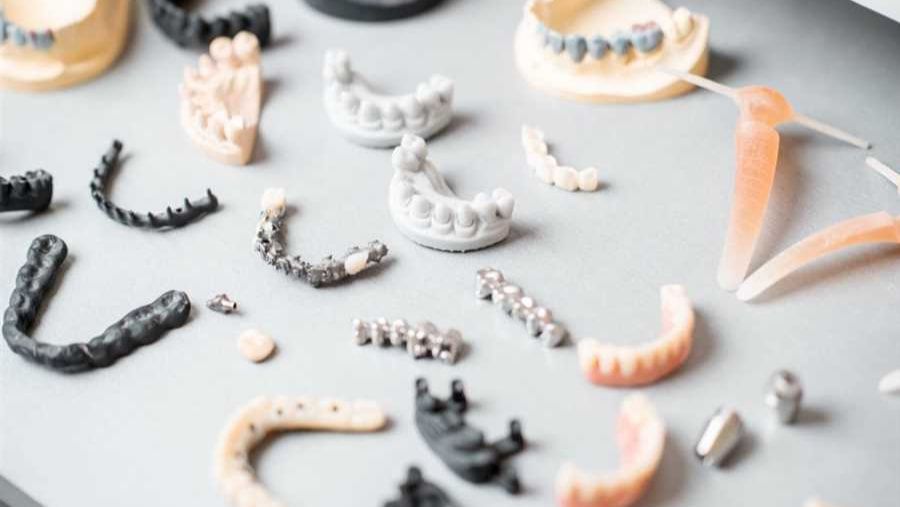Find Out How to Choose the Right Material for Dental Implants
Dental implants are a common dental restoration method that can restore missing teeth and provide aesthetic and functional results. This article will introduce several common dental implant materials and discuss how to choose the right material for dental implants.

1. Titanium alloy
Titanium alloy is one of the most regularly utilized dental embed materials. It has great biocompatibility and doesn't cause dismissal or unfavorably susceptible responses. Titanium alloy is described by being areas of strength for exceptionally erosion safe, and can uphold the embed determinedly for quite a while. Also, the outer layer of the Titanium alloy can be uncommonly treated to work on its bond to bone tissue and advance the obsession and recuperating of the embed. Titanium alloy enjoys the benefit of high dependability and are appropriate for most dental inserts.
2. Zirconium alloy
Zirconium alloy is another kind of dental embed material and has been broadly utilized. It can prevent the appearance of black lines at the gum's edge by possessing excellent biocompatibility and antioxidant properties. The variety and surface of Zirconium alloy is basically the same as that of normal teeth, making the embed look more lovely and regular. Furthermore, Zirconium alloy additionally has high strength and wear obstruction, which can give long haul solidness and toughness.
3. Ceramics
Ceramic is a typical embed material with great stylish impact. Its tone and surface can be basically the same as regular teeth, making insert teeth practically undefined for all intents and purposes. Earthenware materials likewise have great biocompatibility and against hypersensitive, won't cause unfavorably susceptible responses. Be that as it may, contrasted with metal materials, ceramics have lower strength and are helpless to stress and wear, so the dental position and practical necessities of their application should be thought about while choosing fired inserts.
4. Composite materials
Composite material is a kind of material composed of resin and glass fiber, which has good biocompatibility and aesthetic effect. The color of the composite material can be matched to the natural teeth, making the implant look natural and beautiful. The advantage of composite materials is that they can be repaired and patched without the need for additional surgery. However, composite materials have low strength and are prone to wear and damage, so the pressure and functional requirements of their application need to be considered when selecting them.
When choosing dental implant materials, several factors need to be considered:
1. Biocompatibility: Select materials with good biocompatibility to reduce the risk of rejection and allergic reactions.
2. Strength and durability: According to the specific tooth position and functional requirements, choose materials with sufficient strength and durability.
3. Aesthetic effect: Choose materials that match the color and texture of the natural teeth to ensure that the implant teeth are consistent in appearance with the surrounding teeth and provide an aesthetic effect.
4. Cost and feasibility: Consider the cost and feasibility of dental implant materials to ensure that they meet the budget and actual needs of patients.
5. Professional advice: Consult a dentist or oral specialist to understand the advantages and disadvantages of different materials and make decisions based on your personal situation.
To sum up, the selection of suitable implant materials is a crucial step in dental implant surgery. Biocompatibility, strength and durability, aesthetics, cost and feasibility are all important considerations in the selection. Before making a decision, it is recommended to consult a professional dentist or oral specialist for personalized advice and guidance. By selecting the right material, the success of dental restoration and patient satisfaction can be achieved.
Guess you like
-

Cheap Mobility Scooters for US Seniors
-

Where to Find All-Inclusive Luxury Overwater Bungalows Without Straining Your Budget
-

How to Choose the Right Online Marketing Degree
-

Unlock Affordable High-Speed Internet for Businesses
-

Why We Need Cybersecurity Software to Protect Our Data
-

Heat Pumps: A Wise Choice for Heating Old Buildings?



